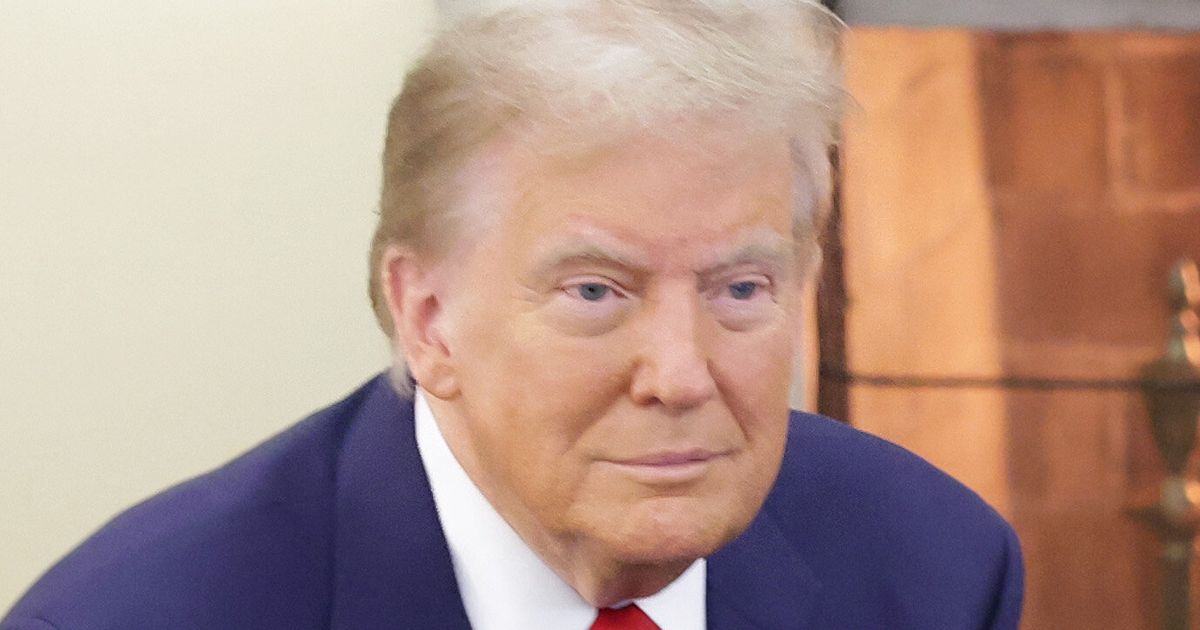Summary
Fox News host Julie Banderas warned that President-elect Donald Trump’s proposed tariffs—25% on products from Mexico and Canada and 10% on those from China—could significantly raise costs for Americans, as many businesses rely on foreign goods.
While some companies are shifting to U.S.-based suppliers or stockpiling goods ahead of the tariffs, Banderas noted that buying American often results in higher prices.
She highlighted that the financial burden would likely fall on consumers, questioning, “Who’s going to pay for that? We are.”
Economists have also warned of inflation risks.



I mean let’s think this through. Say it costs many millions, billions even, to create new manufacturing plants for any of the major players. It will take probably years to complete and on top of that US workers have much stronger protections than most of the world with significantly higher labor costs to boot. consumers would immediately pay more because of the tariffs, and then even if the “protectionism” works, we’re still paying more, even if it’s to US workers and companies. This isn’t even to mention that the taxpayer is likely going to foot the bill for construction of new factories as they’ve done with Intel etc.
i’m struggling to see any merits to this idea. Can you elaborate?
The other big risk is that in 4 years, the tariffs could be removed with a change of government, or earlier when the GOP realises how bad their mistake is.
So these businesses have to decide do they want to invest billions in plants that could be redundant before they’re even completed.
I think making products in America is a wonderful idea. As you said, won’t stop the tariff price increases, but there’s merit in investing in manufacturing in countries more capable of increased automation like the United States, Japan, and Western Europe thanks to skilled engineering workforces. This is especially true because if you intend to do manufacturing ethically you’re better off competing somewhere where the minimums in worker treatment and environmental protection are higher.
Now if you need manual labor as cheap as possible, go to South Asia and South America, we can’t compete with them on that unless we’re imposing ludicrous tariffs.
Why are tariffs the tool? Why now? Why disrupt anything for the benefit of corporations and their… thousand(s?) of workers? Unemployment is quite low already, and as far as I know manufacturing has been largely leaving the US for what I assume are economic reasons that will persist longer than the tariffs.
Why not laws requiring ethical sourcing of materials and labor if ethics is your concern?
Full agree. I think I just had shit reading comprehension this morning. Tariffs are a terrible way to achieve this goal. Laudable goal, but demanding better conditions or subsidizing American manufacturing are far better means to achieve it.